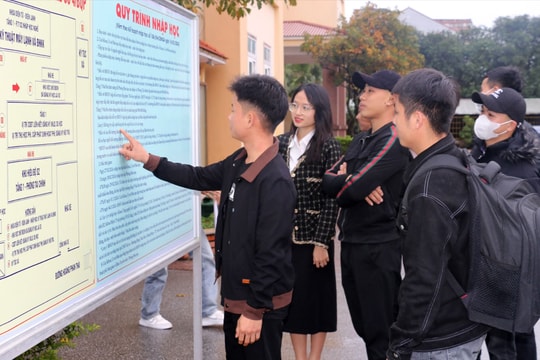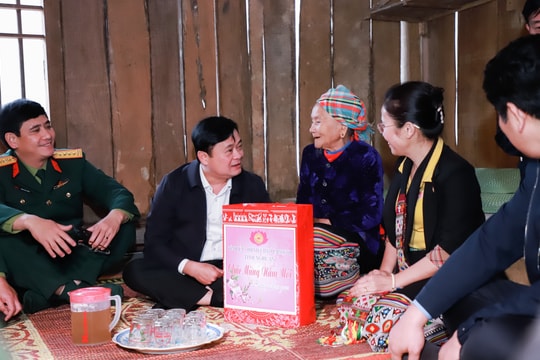Tolerance to bond
(Baonghean.vn) - Building a peaceful, prosperous and sustainably developed world not only requires great political and economic efforts but also requires goodwill built on tolerance between individuals, peoples and nations.
Twenty-one years ago, on November 16, 1995, the United Nations Educational, Scientific and Cultural Organization (UNESCO) adopted the International Day of Tolerance and designated this day every year as the International Day of Tolerance. Representatives of 185 countries signed the Declaration issued at the 28th General Conference of UNESCO.
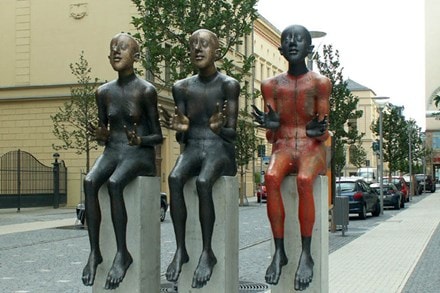 |
| Statue of "tolerance". |
Looking back 21 years, we can see that the International Day of Tolerance has not really entered our lives. Many people do not even know about this international day, let alone its noble ideas.
That is why the struggle towards tolerance and against all forms of discrimination and prejudice remains very difficult. The fact that people are vulnerable to all forms of discrimination based on race, religion, nationality, language, gender, etc. is still a painful and widespread reality in the world.
Ethnic conflicts, discrimination, prejudice... are the source of so much violence, suffering, and deprivation that is happening every day and every hour in the world. Currently, millions of people around the world are still struggling every day against discrimination, to gain equal access to education, health care, and employment.
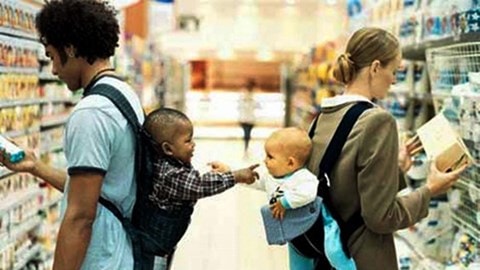 |
| Tolerance helps us understand and connect with each other better. |
The exercise of human rights, including social, economic, cultural, civil and political rights, is hampered by discrimination. Women remain the most discriminated and disadvantaged. According to the International Labour Organization (ILO), despite performing two-thirds of the world’s working hours and producing half of the world’s food, women receive only 10% of the world’s income and own less than 1% of the planet’s assets.
However, the most worrying trend is the increasing trend of conflicts due to ethnic conflicts. Recently, many hot spots of conflict and violence have appeared from Europe to South Asia, the Middle East and Africa, the main cause of which stems from ethnic conflicts.
Tolerance is a global issue today. It is posed in the context of diversity in each country and around the world being seriously violated by extreme and narrow political and religious views. In fact, blindly rejecting or eliminating diversity only makes societies more monotonous, more exhausted, more unstable and more impoverished.
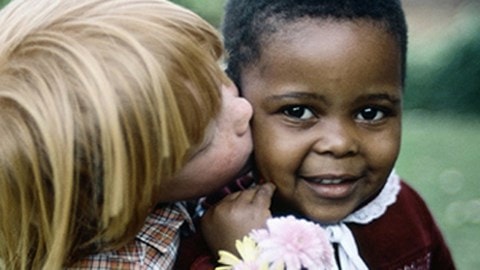 |
| Teach tolerance to the young generation. |
Therefore, for the sake of peace, happiness and freedom of human beings, tolerance has become an international commitment. On November 16, 1995, at the 28th General Conference, UNESCO initiated the International Day of Tolerance with the consensus signatures of 185 member countries. The Conference also adopted the Declaration on the Principles of Tolerance.
In the Declaration, tolerance is defined as “respect, acceptance and understanding for the diversity of the world’s cultures, forms of expression and ways of being. Tolerance is nurtured by knowledge, openness, communication, freedom of thought, conscience and faith. Tolerance is harmony in difference. Tolerance is both a moral duty and a legal and political imperative.”
Clearly, UNESCO’s definition contains a new concept of tolerance. According to UNESCO, tolerance is not only a cultural way of behaving between individuals in a community, or between one community and another. More importantly, tolerance is also a political obligation that all states have the responsibility to fulfill.
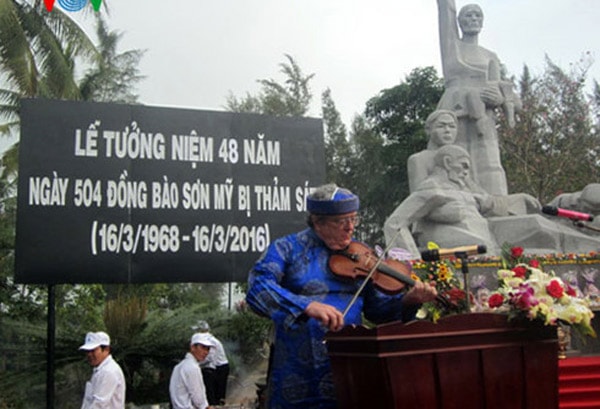 |
| American veteran Roy Mike Boehm played "The Violin in My Lai" at the 48th anniversary memorial service for the Son My massacre. He wanted to use music as a bridge between the two countries after many years of fierce war, along with the message that everyone in the world should live in kindness and peace. |
From the state perspective, tolerance means building a democratic, strict, open and transparent legal space to create conditions for different subjects to equally participate in the process of social construction, to access development opportunities and to enjoy cultural values. In a tolerant political environment, all citizens are able to openly and equally express their opinions on public affairs of society.
There, no major decision is made without going through a process of consultation and dialogue between the state and the people to choose the most feasible policy options. Thanks to that, people have the conditions to go beyond the vicious life with trivial, trivial needs and concerns to exist in the dynamic, autonomous mindset of a modern citizen.
Peace
(Synthetic)
| RELATED NEWS |
|---|

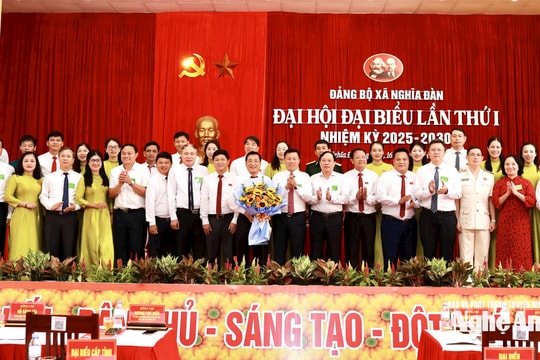
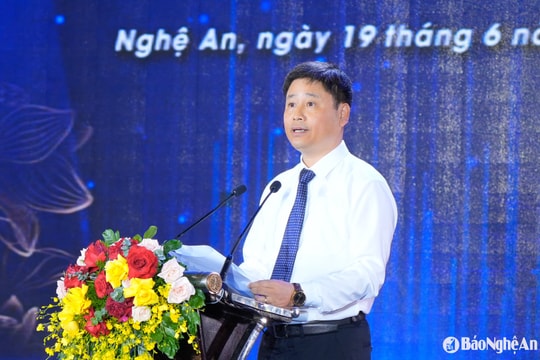
.png)
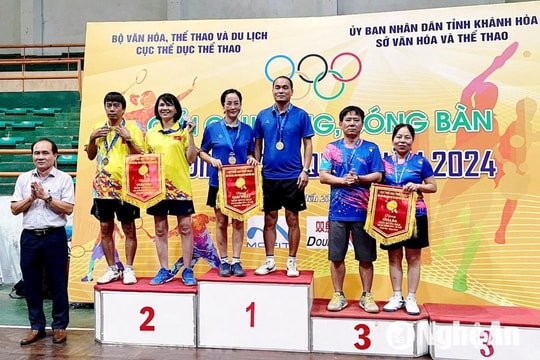
-5b947bb25a89d3a664741c7f7630f33e.jpg)
